The World Intellectual Property Organization recorded that in 2023, Vietnam increased 2 places in the global innovation index compared to 2022, ranking 46/132 countries and economies .
According to the Global Innovation Index 2023 (GII), Vietnam continues to improve its ranking. Last year, it ranked 48th out of 132 countries and economies. The report was released by the World Intellectual Property Organization (WIPO) in Switzerland on the evening of September 27.
The increase in ranking is recorded in the innovation input index, which includes 5 pillars: Institutions; human resources and research; infrastructure; market development level; business development level. Innovation output increased by one rank compared to 2022, including 2 pillars: Knowledge and technology products, Creative products.

The robot's parts were created from machines in the mechatronics department at the Vietnam-Korea Institute of Science and Technology (VKIST). Photo: Ngoc Thanh
Vietnam maintained its second position in the group of lower-middle-income countries. In addition, there are five upper-middle-income countries ranked above Vietnam: China (ranked 12th), Malaysia (ranked 36th), Bulgaria (ranked 38th), Türkiye (ranked 39th) and Thailand (ranked 43rd). The remaining countries ranked above Vietnam are all industrialized countries in the high-income group.
In the ASEAN region, Vietnam ranks behind Singapore (ranked 5th), Malaysia (ranked 36th) and Thailand (ranked 43rd).
WIPO has rated Vietnam as one of the seven middle-income countries that have made the most progress in innovation over the past decade (including China, Türkiye, India, Vietnam, the Philippines, Indonesia and the Islamic Republic of Iran). Vietnam is also one of three countries that have outperformed their development level for 13 consecutive years (including India, the Republic of Moldova and Vietnam).
The report noted that Vietnam's research and development (R&D) spending ranked 66th, unchanged from previous years. However, R&D spending by the top 3 large enterprises improved significantly, ranking 29th (up 9 places compared to 2022).
Low-level indicators include: Ecological sustainability (ranked 110); environment (ranked 130). These indicators show that institutional improvements are still needed to facilitate socio-economic development based on science, technology and innovation.
The GII report is a set of tools to evaluate and rank countries' innovation capacity, implemented by WIPO in collaboration with many units. This is a prestigious set of tools to evaluate national innovation capacity in the world, reflecting the economic and social development model based on science, technology and innovation of countries. Through the indicators, each country can see the overall picture as well as its strengths and weaknesses, thereby adjusting appropriate policies.
Vnexpress.net



![[Photo] Prime Minister Pham Minh Chinh chairs the meeting of the Government Party Committee Standing Committee](https://vstatic.vietnam.vn/vietnam/resource/IMAGE/2025/8/23/8e94aa3d26424d1ab1528c3e4bbacc45)

![[Photo] General Secretary To Lam attends the 80th Anniversary of the Cultural Sector's Traditional Day](https://vstatic.vietnam.vn/vietnam/resource/IMAGE/2025/8/23/7a88e6b58502490aa153adf8f0eec2b2)






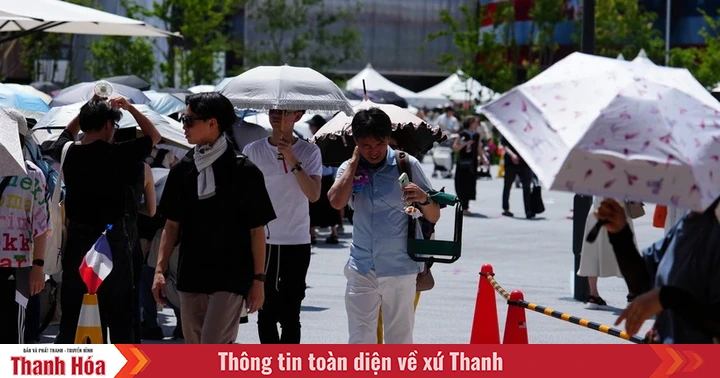







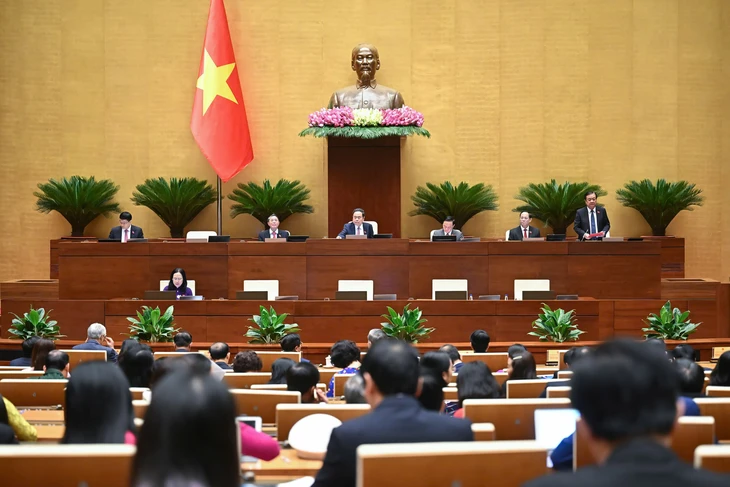

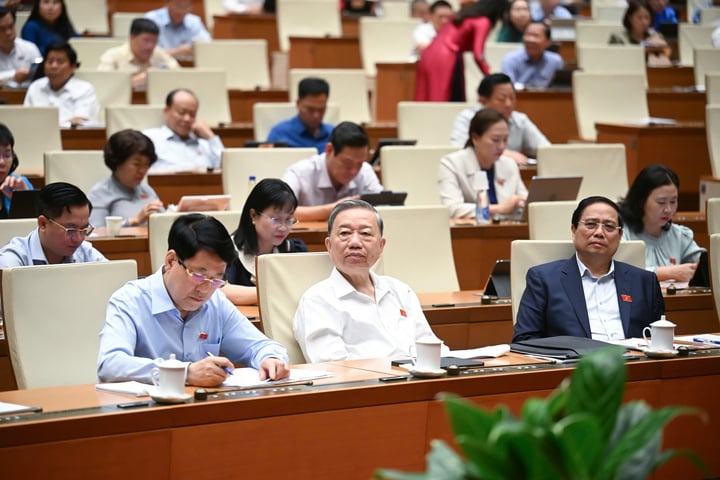

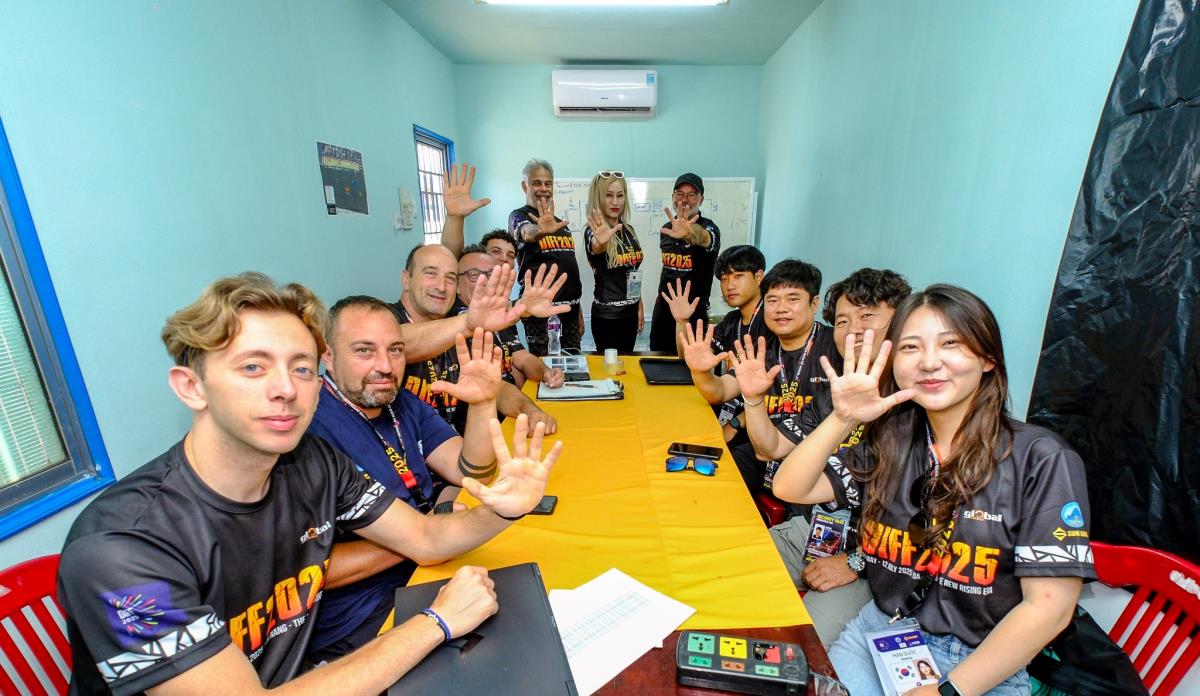

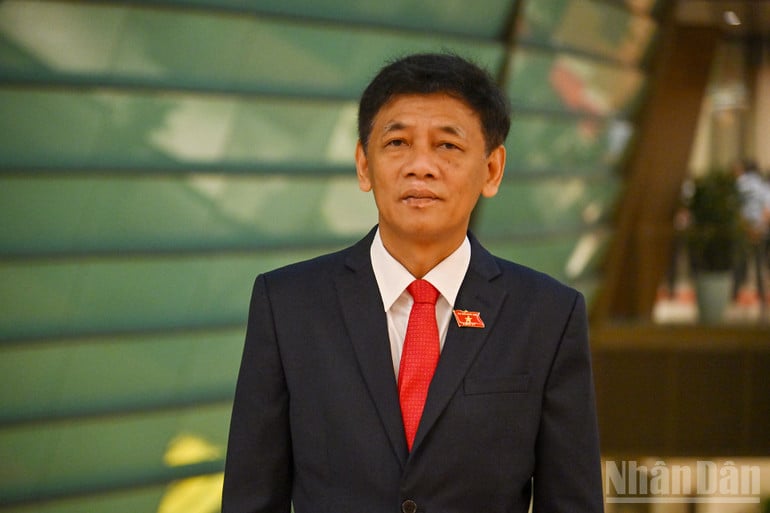






















































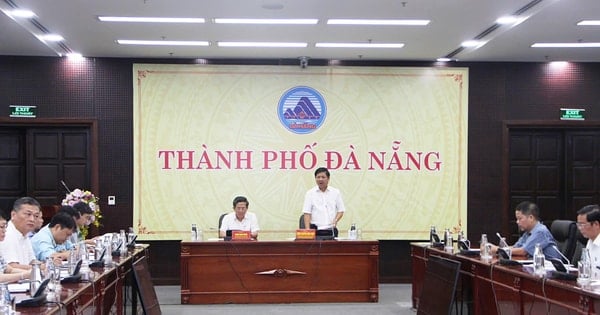
























Comment (0)